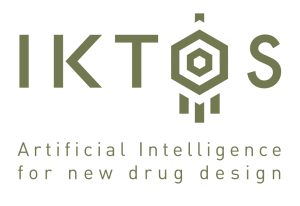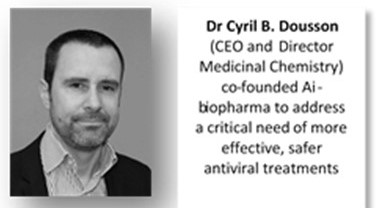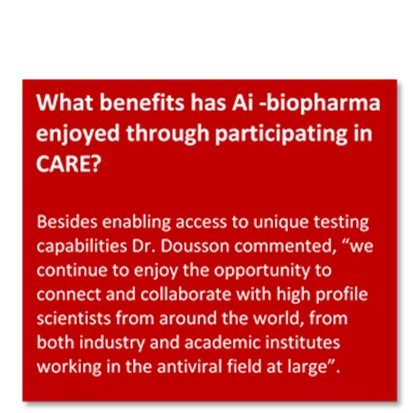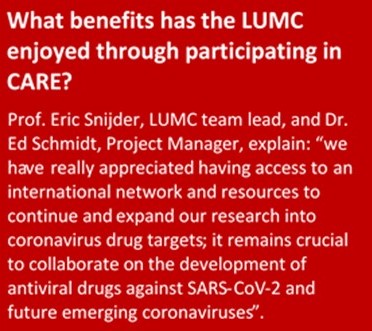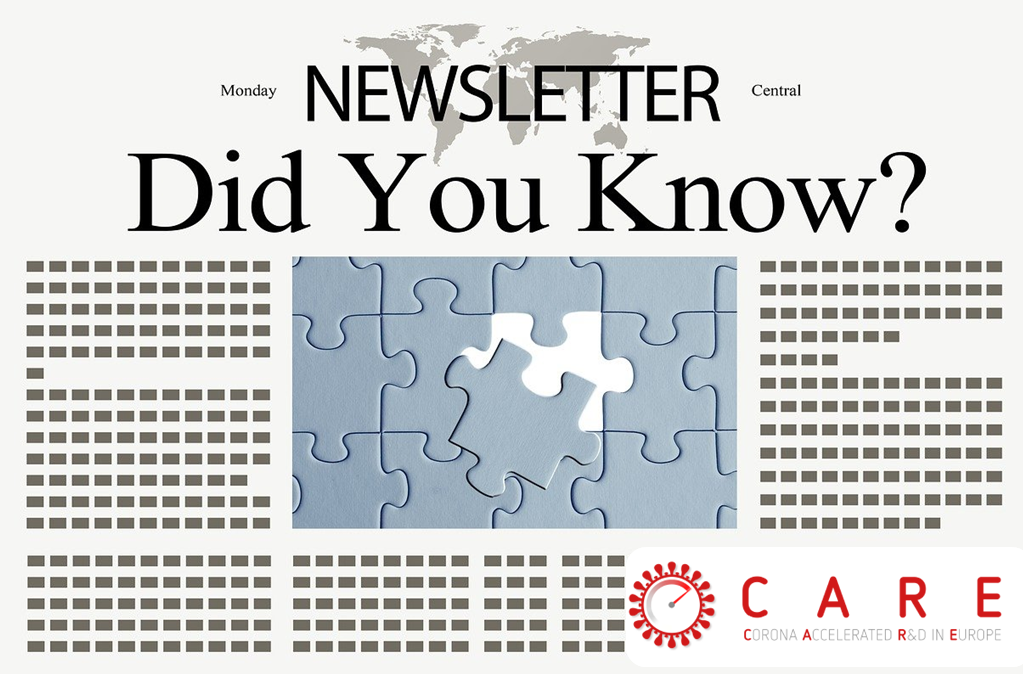Published in Journal of infection: a new potent, broad-spectrum antibody isolated
The CARE partner Centre Hospitalier Universitaire Vaudois (CHUV) isolated a broad-spectrum monoclonal antibody (mAb), named P4J15, which showed neutralizing activity against all variants including the latest XBB.2.3 and EG.5.1 sub-lineages, against which all authorized therapeutic mAbs have become almost completely ineffective.
The collaboration within CARE with the Vaccine Research Institute (Inserm-VRI, France), the French Alternative Energies and Atomic Energy Commission (CEA) and KU Leuven (KUL, Belgium) led to an extended characterisation of P4J15 both in vitro and in vivo. This mAb provides exceptional levels of protection against infection in vivo.
P4J15 is a Class 1 mAb that shares ∼93% of its buried surface area with the ACE2 contact region and thus exerts its potent neutralizing activity against all current SARS-CoV-2 variants by blocking ACE2 receptor binding. As a result, this mAb provides exceptional levels of protection against infection in vivo.
The P4J15 mAb has potential as a broad-spectrum anti-SARS-CoV-2 drug for prophylactic protection of at-risk patient populations who are unable to mount a strong protection after vaccination.
To learn more, click here: Broadly potent anti-SARS-CoV-2 antibody shares 93% of epitope with ACE2 and provides full protection in monkeys.

